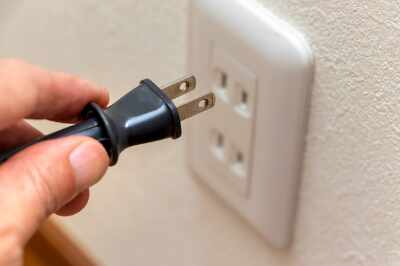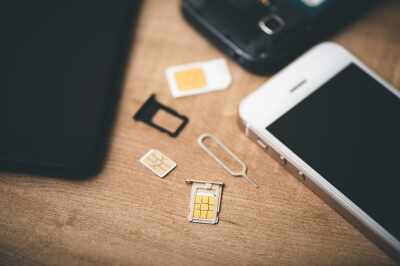Navigating Life in Japan: Essential Information for Newcomers
Navigating Life in Japan: Essential Information for Newcomers

Voltage:
Japan operates on a 100-volt system, making it the lowest in the world. Thankfully, plug shapes are similar to those used in the US (Type A), allowing most American electronics to be used without adapters. However, if your device has a three-pronged plug, it will not be compatible with Japanese outlets.

Mobile Phones and SIM Cards:
In Japan, iPhones and Androids reign supreme. Major mobile carriers include Docomo, au, and Softbank. However, signing a contract comes with a minimum 2-year commitment and monthly fees exceeding 7,000 yen. Additionally, early contract termination incurs a penalty fee of 10,000 yen.
For visitors and short-term residents, purchasing a SIM card instead of a contract phone can be a more cost-effective option. Numerous affordable SIM card companies offer flexible plans without lengthy contracts. Depending on the plan, you can expect monthly fees to be around 2,000 yen.

Internet Connections:
Home Internet:
Accessing the internet at home requires signing a contract with an internet provider. Similar to mobile contracts, these agreements often have a 2-year minimum period and may involve installation work at your residence. Early cancellation again incurs a penalty fee of 10,000 yen.
However, several companies cater specifically to foreign residents, offering convenient packages for around 6,000 yen per month. Alternatively, consider bundling your internet with your mobile phone plan for potential savings.
For those concerned about installation or unstable connections, portable Wi-Fi services offer another option.
Public Wi-Fi:
While not as ubiquitous as in other countries, free Wi-Fi hotspots are becoming increasingly common in Japan. Look for them in convenience stores, cafes, public transportation, restaurants, and shopping malls. These connections typically offer 30-60 minutes of free usage per session. Wi-Fi details are usually displayed near the cash register or inside train cars.

